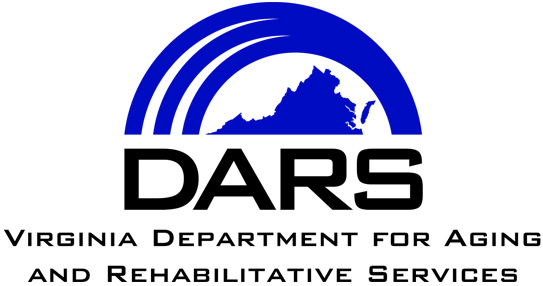[REVISED: 8/2/13]
The dwelling currently must meet all applicable building codes. This is the financial responsibility of the landlord or homeowner. If the home modification can only pass the inspection if that specific portion of the home is brought up to code, the counselor may consider authorizing the additional construction cost to bring that specific portion of the home up to code. The counselor shall include this additional cost in the total cost when applying requirements for obtaining price quotes and supervisory approval. Under no circumstances (including supervisory pre-approval) can this exception be made when the client is renting from a landlord, since this is the landlord’s legal responsibility.
Example 1: The counselor is authorizing a stair lift to make the client second floor bedroom accessible. However, the stairway is too narrow to meet the current building code. The counselor may authorize the cost of widening the stairway as part of the stair lift project, but not widening the second stairway leading to the spare bedroom in the attic.
Example 2: The counselor is authorizing a roll-in shower and lowering the sink. However, the bathroom plumbing system is not up to current building code. The counselor may consider authorizing the additional cost to bring the bathroom plumbing up to code to support the plumbing requirements for the project.

